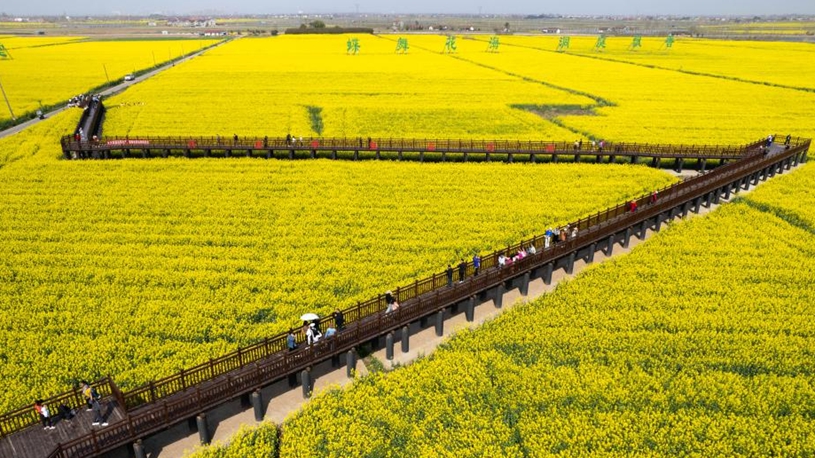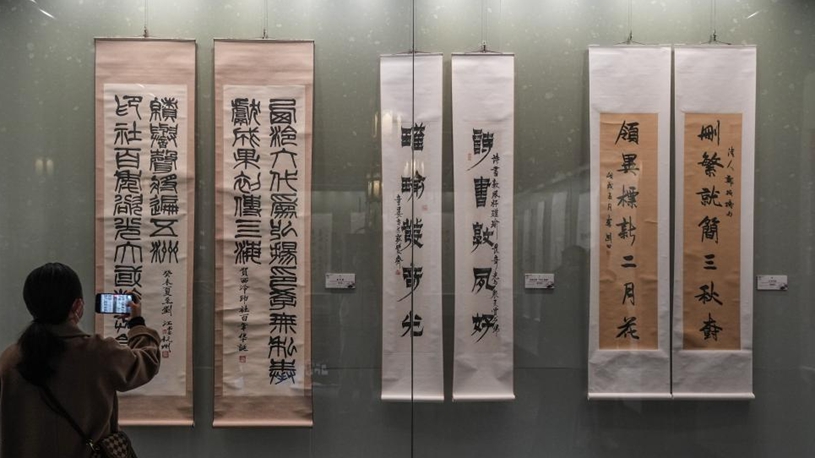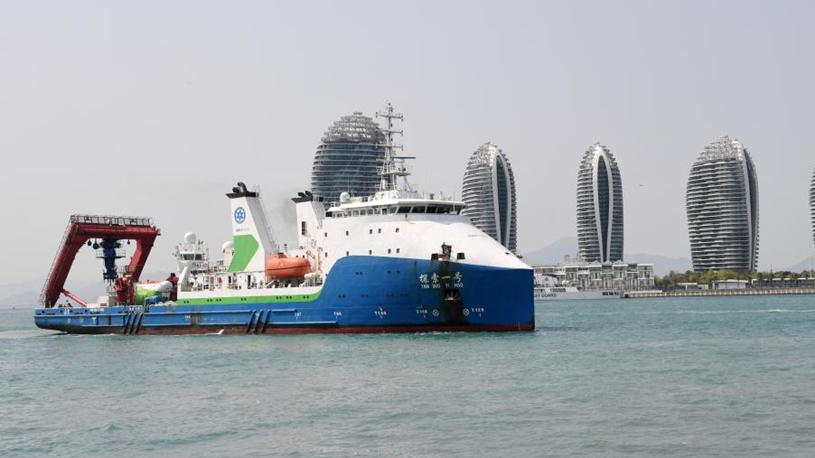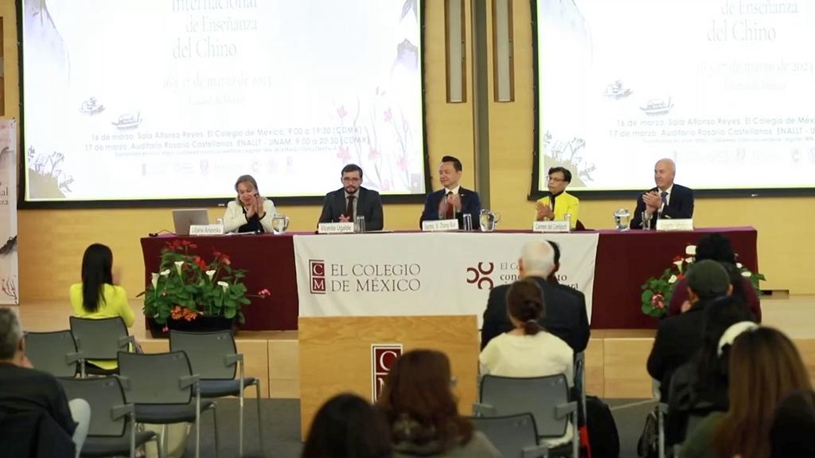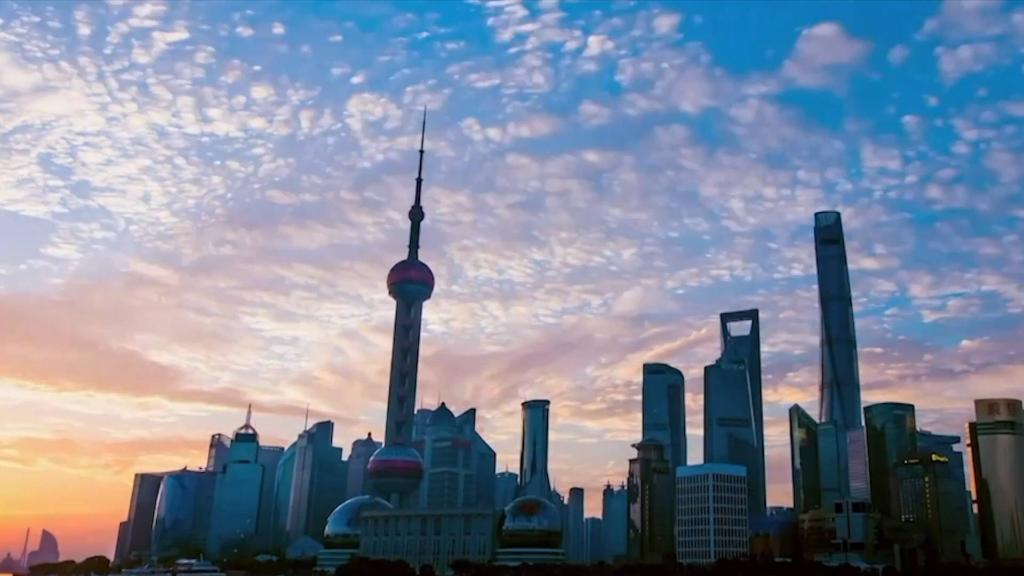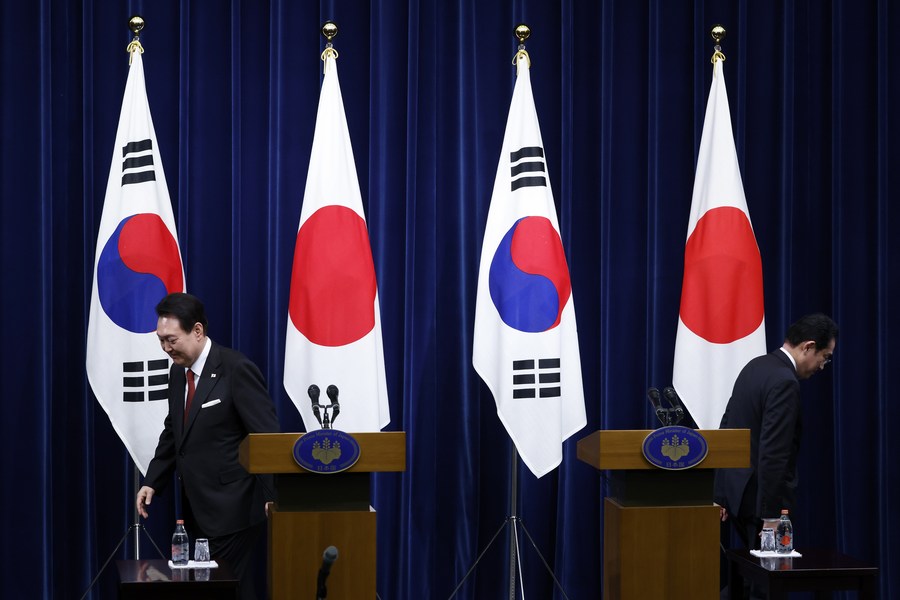
Japanese Prime Minister Fumio Kishida (R) and South Korean President Yoon Suk-yeol (L) walk off stage after a press conference in Tokyo, Japan on March 16, 2023. (Kiyoshi Ota/Pool via Xinhua)
Analysts believe that the Japan-South Korea rapprochement is largely manipulated by the United States to serve its strategic interests, adding that it is difficult to bridge the huge gap between the two countries as there are still many unresolved issues.
TOKYO, March 20 (Xinhua) -- Japanese Prime Minister Fumio Kishida met with South Korean President Yoon Suk-yeol here on Thursday. The two leaders agreed to normalize bilateral relations that had been strained over the wartime labor and other historical issues, and resume the shuttle diplomacy of regular leader visits.
Yoon's visit came just 10 days after South Korea unveiled a proposal to compensate the victims of Japan's forced wartime labor through a government-backed foundation funded by private-sector donations, which has triggered strong backlash at home.
Analysts believe that the Japan-South Korea rapprochement is largely manipulated by the United States to serve its strategic interests, adding that it is difficult to bridge the huge gap between the two countries as there are still many unresolved issues.
The relationship between Japan and South Korea in recent years has been considered the worst since the end of World War II, with the biggest thorn being the wartime labor issue.
The Yoon government announced its plan on March 6 to compensate the victims, who were forced by the Imperial Japan into heavy labor without pay during World War II, through a foundation funded by voluntary donations from the South Korean private sector, rather than direct payment by Japanese companies held accountable.
On March 16, Kishida and Yoon reached consensus on restarting the bilateral summit meeting and the dialogue on security and economy.
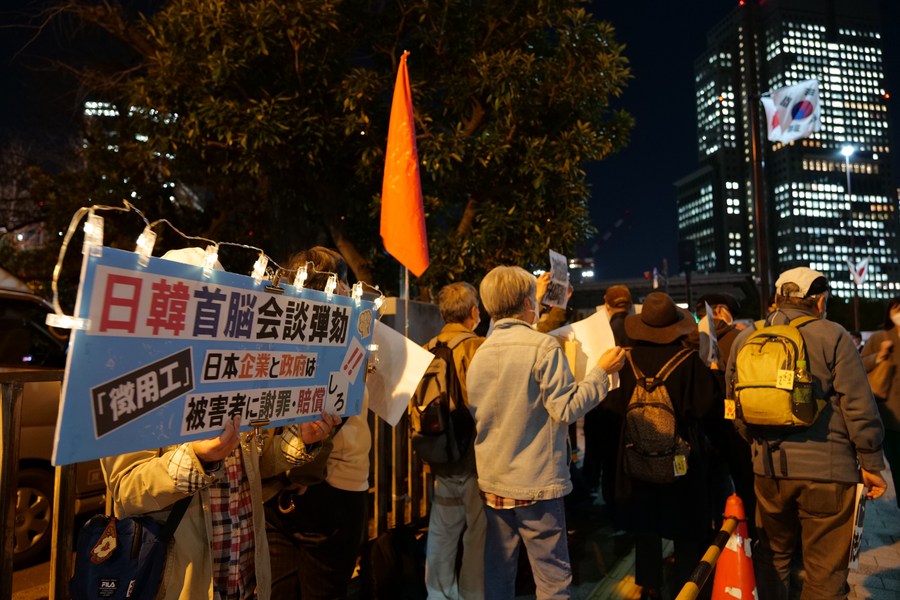
People gather in front of the Japanese Prime Minister's Official Residence to protest against the meeting between Japanese Prime Minister Fumio Kishida and South Korean President Yoon Suk-yeol in Tokyo, Japan on March 16, 2023. (Xinhua/Li Guangzheng)
However, in South Korea anger has flared up over the government's "humiliating" compensation plan. According to a recent poll conducted by Gallup Korea, nearly 60 percent of South Koreans oppose the so-called third-party reimbursement plan as it contains no apology and reparations from Japan.
South Korea's opposition political parties and civic groups have raised their voice against the government's solution to Japan's wartime forced labor issue. Lee Jae-myung, chief of the main liberal opposition Democratic Party, lambasted Yoon's proposal, calling the deal "secondary harm to the victims" and "a humiliation and stain in diplomatic history".
On the day Yoon left for Japan, university students held a rally in front of the presidential office in Seoul, calling the government's proposal "an insult to the youth".
Apart from Japan's wartime forced labor issue, there are a series of other pending problems between the two countries such as the issue of "comfort women" and territorial disputes.
In December 2015, the South Korean and Japanese governments reached an agreement to settle the issue over Korean women who were forced into sexual slavery under the 1910-45 Japanese colonization of the Korean Peninsula. The Japanese side decided to offer 1 billion yen (8.9 million U.S. dollars) to a foundation to help the former "comfort women" and their families.
However, the foundation was dissolved in July 2019 under harsh criticism from the victims and civic activists who demanded sincere apology and legal responsibility of the Japanese government.
The then Japanese government under Prime Minister Shinzo Abe had refused to do it.
Analysts said that the U.S. has played an important role in the process of repairing ties between Japan and South Korea, hoping to draw in its two allies and strengthen trilateral cooperation in military, economy and other fields to serve its "Indo-Pacific Strategy".
Japanese scholars pointed out that the "closer ties" between Tokyo and Seoul under the manipulation of the U.S. will not gain public support, and the differences between the two countries can not be bridged easily, noting that the development of bilateral relations is not an easy road.■

